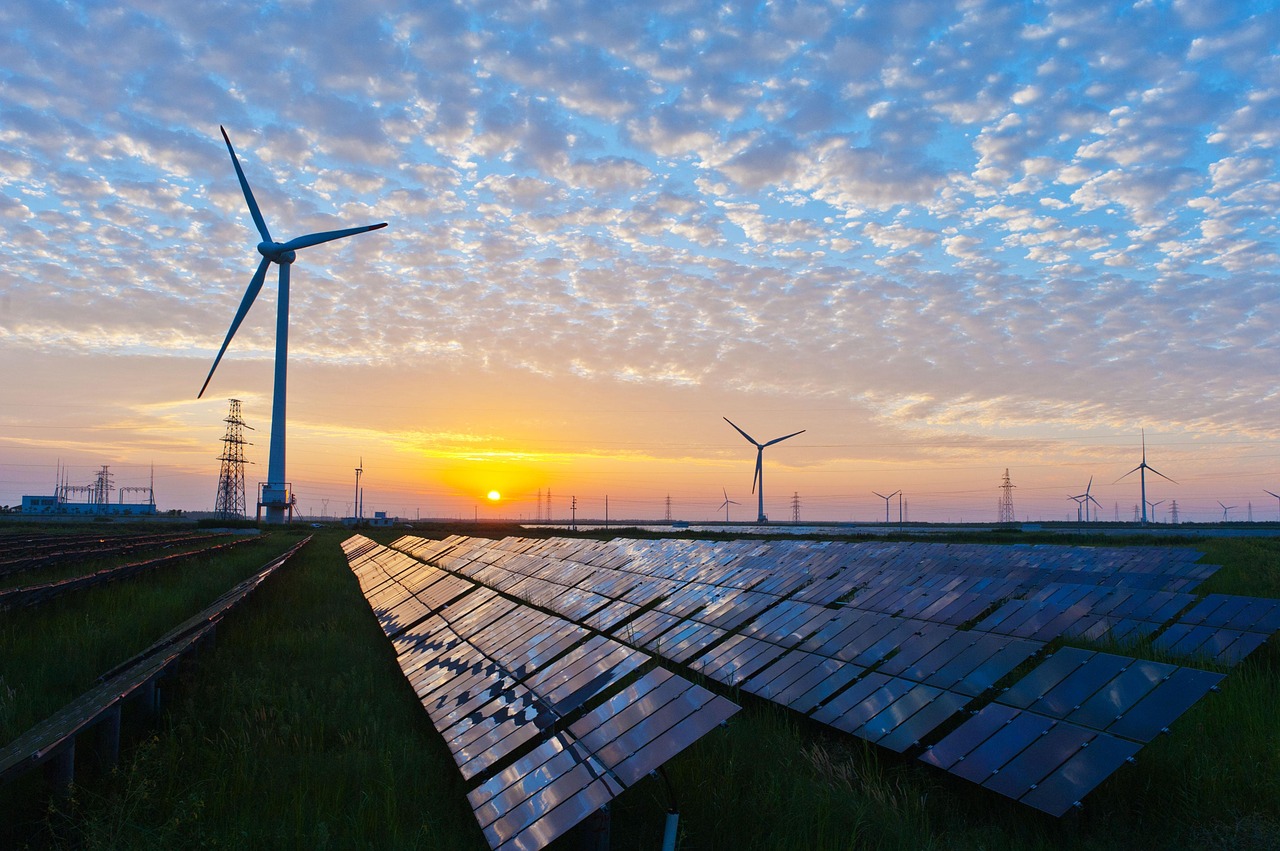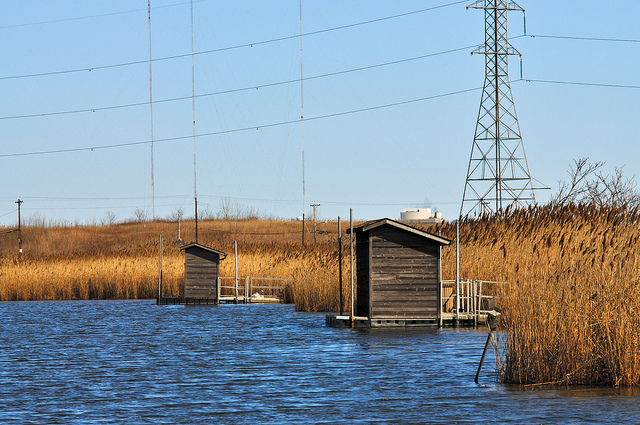

Our dependence on fossil fuels over centuries has depleted most of the available fossil fuels on earth and we have been forced to dig deeper into the Earth’s core to extract the last remaining pockets of ancient carbon. However, the incontrovertible truth is that a time will soon come when the last of these non-renewable energy sources will be depleted. Judging by the manner in which global consumption of energy continues to escalate, the fossil fuels have will be depleted within the next few decades anyway. Big Oil and other major emitters know this and continue to inflate their prices to earn as much profit as possible before the dirty gold beneath the earth’s surface runs dry.
However, the continued use of fossil fuels even for the next decade will definitely spell doom for planet Earth and climate change will be truly irreversible if we continue our dependence of non-renewable sources of energy until it runs out. When fossil fuels run out, we will wake up to the dawning realization that we didn’t just lose our primary source of energy, we also lost the fight to save our species from extinction. It will be too late to take action a few decades from now, which is why we must act immediately.
Clean energy or renewable energy such as solar, wind and tidal energy are the future of our civilization. They do not pollute and release harmful emissions and unlike fossil fuels, they are abundant and inexhaustible in nature. However, harnessing these energy sources in an efficient manner has been a major issue plaguing scientists for the last few decades. However, we now know that due to scientific development it is now possible and economically feasible to switch over to clean energy sources for our daily needs. Electricity, transportation, etc. can all be efficiently achieved in a clean and sustainable manner if investments are made into harnessing these technologies.
The only current roadblock is the lack of political will. This is an international phenomenon and most States have not given adequate importance to the issue of sustainable development through the use of clean energy. We know that we have the technology and we know we can harness it, so the only thing left to do is make investments and transform the way we source energy. All that it takes to achieve this mission now is unified and persistent political will. This does not merely mean vote bank politics and false promises, but actually taking initiative and prioritizing clean energy solutions over other issues. Developed countries must take the lead in this transformative revolution to end the dependence on fossil fuels and switch to renewable sources entirely. Developing and least developing countries must work in collaboration with developed countries and technology sharing and benefit sharing initiatives must be taken on the political front to bridge the technological gaps among different countries in order to liberate the world from the shackles of fossil fuels. Large energy corporations must be provided adequate incentives and encouragement to switch to renewable energy and conduct research and development activities on improving access to clean energy sources. On the other hand, harsh measures such as preventive carbon tax must be imposed which will make it economically unviable for corporations to burn fossil fuels. This double-edged carrot and stick approach, if implemented on an international scale by political leaders will surely bring us a lot closer to achieving the targets set out in the Paris conference.
Sustainable development has been discussed and deliberated ad nauseam at various international panels and conferences, however little has been actually done in comparison to achieve the ambitious targets envisioned. In light of the resolutions taken at the Paris conference, it is the need of the hour that political leaders across the globe prioritize clean energy driven economies above all other issues and stop turning a blind eye to the realities and tragedies of emissions induced climate change.



